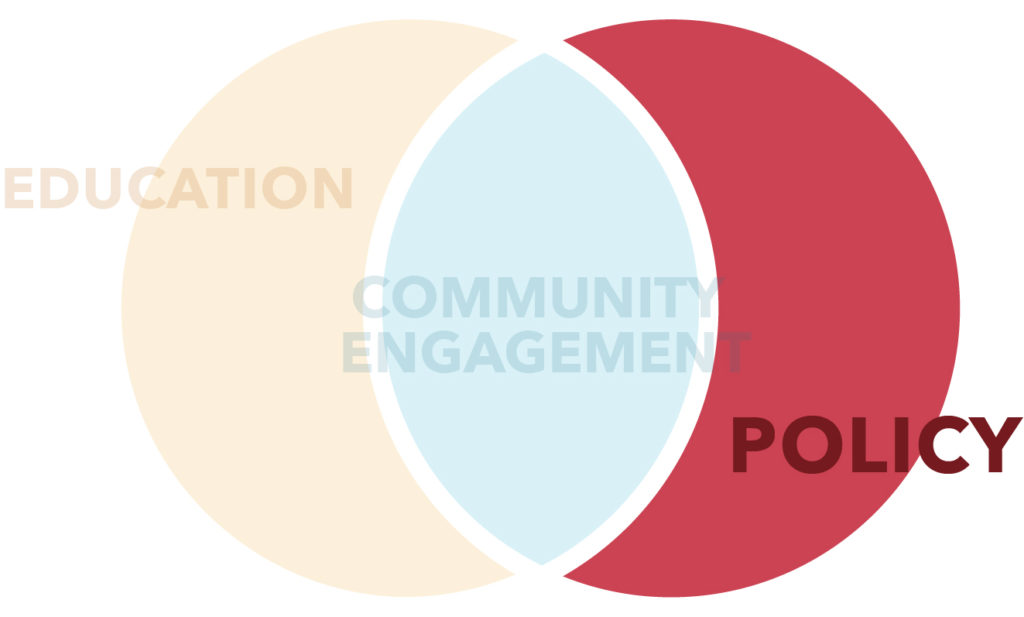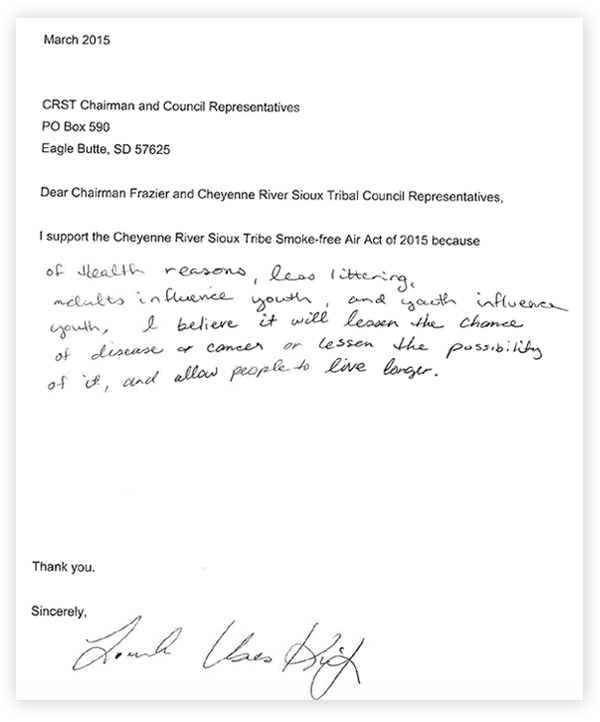Stakeholders and the general public need to know that community members support the proposed policy. This is important to stakeholders because they are motivated to keep community members happy and it’s important to the public because they are more likely to be supportive if they know others are too.

Planning
- Ask supporters to call or text stakeholders and explain why they support the policy. If this effort is coordinated on one day, it can demonstrate a “show of force” to decision makers.
- Collect letters of support.
- Draft a fill in the blank letter or email for policy supporters to complete.
- Print several copies of the letter.
- Ask Coalition volunteers to have their supportive family and friends to complete a letter or submit an email.
- Put all the statements of support together with a cover letter summarizing the people who expressed their support and a few key quotes from letters. Give the summary or all of the letters to stakeholders.
- Collect signatures from supporters.
- Formal – File a petition.
- Informal – Create a large banner for supporters to sign or an online or printed form for supporters to fill in. Think about other info that might be helpful, like what district or city they are in, age, etc.
- Share results as a summary for stakeholders or publicize the total number of signatures collected on social media or in the newspaper.
What if?
You don’t have much community support yet…
- Assess if you need to spend more time educating your community on the topic of interest (link to education section) or raising community awareness on the policy (link to community awareness section)
- Sometimes quantity of supporters is less important than quality of supporters. Can you find some very influential supporters in a position of power to speak in support of your policy?
Čaŋlí Coalition Example

Canli Coalition members displayed banners of local signatures during the Tribal Council meeting when the CRST Smoke-Free Air Ordinance 77 was passed. After the ordinance was passed by Tribal Council, the next step was a 30 day public comment period before it could be enacted.

In 30 days, Canli Coalition members collected 138 letters and submitted them to the Tribal Secretary. In contrast, opposers of the ordinance did not have an organized attempt to speak out and the Tribal Secretary only received one letter of opposition.